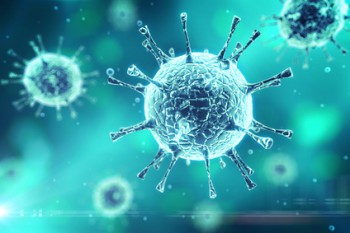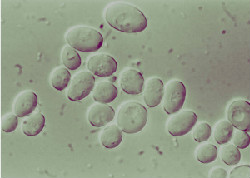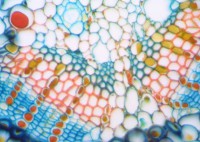
Diamonds are the most highly prized gems in the world of jewelry, but now there is a completely different reason to consider them precious. Cancer research at the University of Sydney has resulted in the development of synthetic diamonds that show promise as unique tools in the fight against cancer.
The recent study, published in Nature Communications, was inspired by the discovery that the non-toxic, non-reactive properties of nanodiamonds allow them to safely penetrate cell walls. While they initially showed promise as a delivery vehicle for cancer drugs administered during chemotherapy, physicists at the University of Sydney saw potential for further use in cancer detection.
Professor David Reilly, lead author of the study, explained that it was the magnetic properties of the gems that captured their interest. He and his team hyperpolarized nanodiamonds by aligning atoms in such a way that they would emit a signal visible through MRIs. Once the altered nanodiamonds were attached to cancer-targeting molecules, the researchers were able to track them via the signals.
According to Helen Zorbas, chief executive of Cancer Australia, there is reason to believe that nanodiamond tracking can aid in detection of brain and pancreatic cancers along with other hard-to-find forms. Since early onset of treatment offers a greater chance of effectiveness, this method could be extremely valuable in improving survival possibilities.
Current cancer research has focused on other non-toxic methods such as personalized treatment and immunotherapy, which are protocols that we have successfully used at Issels® for years. Visit our website to learn more about our innovative cancer treatment programs.





